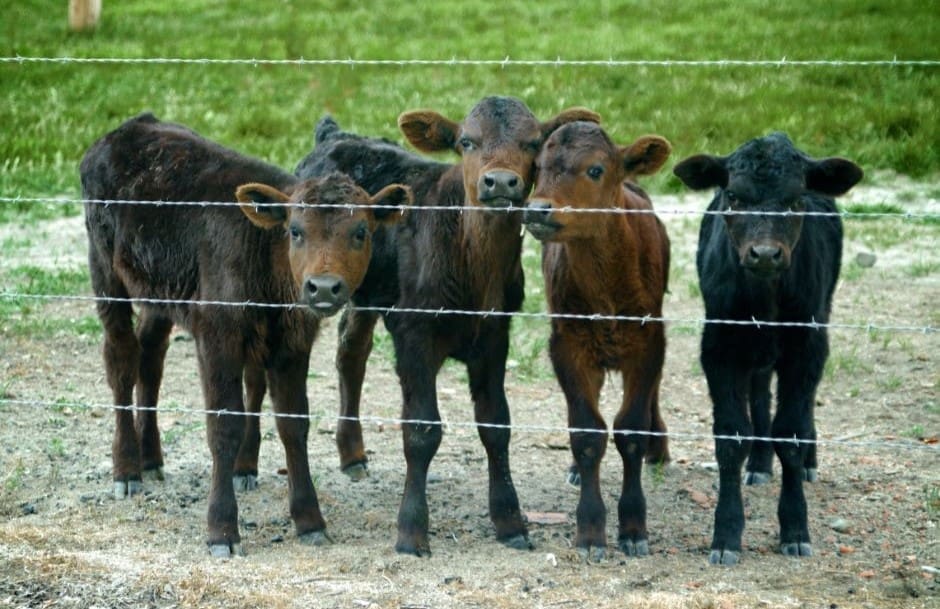The Kansas State Veterinary Diagnostic Laboratory (KSVDL) is urging livestock producers to remain alert for a new red blood cell parasite, Theileria orientalis Ikeda, recently diagnosed in calves imported to Kansas.
This parasite causes anemia and other serious health issues in cattle. While it has been present in the eastern U.S. for some time, it was only recently detected in Kansas after affected calves were brought in for feeding from the east.
The disease spreads primarily through multi-use needles and insects, with the Asian longhorned tick identified as the main vector. Though not yet found in Kansas, this tick has been detected in Missouri, Arkansas, and a county in northwestern Oklahoma bordering Labette County in Kansas.
According to Gregg Hanzlicek, KSVDL associate director, the environmental conditions in eastern Kansas are suitable for the Asian longhorned tick, and it may soon be found in the state, bringing Theileria with it.
Cattle infected with Theileria orientalis Ikeda may show symptoms such as anorexia, lethargy, difficulty breathing, yellowing of mucous membranes, and sudden death in severe cases.
KSVDL advises producers to be cautious when importing cattle, especially from regions where the parasite has been identified. Further information, including testing resources, is available at ksvdl.org, and a webinar on the parasite is available on the KSVDL YouTube channel. Producers seeking guidance can contact KSVDL Client Care at 866-512-5650.













